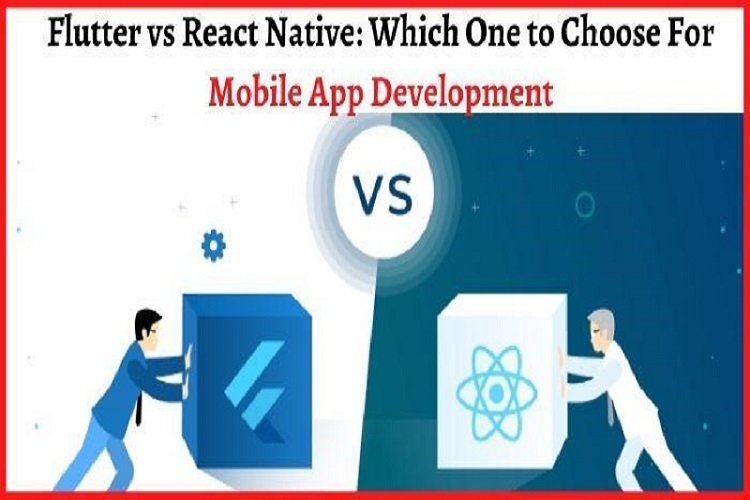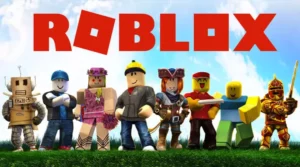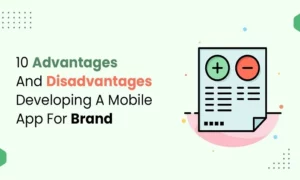Flutter vs React Native
Cross-platform solutions have evolved immensely over the years. The most popular frameworks used for cross-platform development of mobile applications are Flutter and React Native. They assist in building intuitive apps for iOS and Android.
However, many enterprises get confused and like to know the answers to many crucial questions such as-
- What type of framework will be suitable for their project?
- Which framework can release the app quickly in the market?
- Will their application be engaging and user-friendly?
In this post, I will be covering the answers to these questions to get a better knowledge of which framework business owners should choose for mobile app development.
Let’s get started.
What is Flutter?
Launched in May 2017, Flutter is an open-source UI toolkit for developing fast, beautiful, natively compiled apps for mobile, web, and desktop with one programming language and single codebase.
Statistics Related To Flutter
- Around 68.8% of the developing community use Flutter to build cross-platform mobile applications.
- Approximately 7.2% of the developer community chooses Flutter for its popular tools and libraries.
Popular Mobile Apps Built with Flutter
- Alibaba
- Google Ads
- Capital One
- BMW
- eBay
- Yandex Go
- Philips
What is React Native?
React Native is an open-source JavaScript framework used for creating a real, native mobile app for iOS and Android. It uses only JavaScript to develop mobile apps. React Native was created by Meta Platforms (earlier known as Facebook) and released in March 2015. It is like React, which uses native components rather than web components as building blocks.
Statistics Related To React Native
- Approximately 58.5% of the developing community selected React Native for mobile app development.
- About 11.5% of developers choose to use React Native due to its native tools and libraries.
Popular Mobile Apps Built with React Native
- Amazon
- Shopify
- Netflix
- Skype
Flutter vs React Native: The Comparison
Programming Language
- Flutter app development company – Dart programming language is used to write codes for Flutter. Google introduced it in 2011.
- React Native Development Companies – It is written in JavaScript programming language using React. Since JavaScript is a popular language worldwide, React Native has an advantage over Flutter.
Application Architecture
- Flutter development – There is no connecting bridge for maintaining communication with the device’s native components. Thus, communications with native components are quicker, enhancing the application’s overall performance.
- React Native – React uses JavaScript to connect native components through a bridge. Due to this, the speed of app development and running time is slower than Flutter.
User Interface
- Flutter – It utilizes intuitive widgets, a proprietary visual and structural platform. These widgets are built-in UI elements that substitute native platform components.
- React Native Development Companies – React Native is based on native components for Android and iOS devices. It presents a vast array of external UI kits that assists in developing beautiful UI for your apps.
Code Maintainability
- Flutter- It is effortless to maintain a Flutter application. The time required to launch quality updates and apply instant modifications in the applications is comparatively better than React Native. Easy-to-use codes help developers identify errors and support third-party libraries. Moreover, the hot reloading feature immediately resolves any issue in real-time.
- React Native- On the Contrary, updating the codes in React Native is challenging. When developers choose the codes to match your application, it interrupts the logic (textual representation) of your framework. It results in a slow process of app development. Additionally, the libraries are outdated and cannot be kept ideally.
Documentation
- Flutter – It delivers documentation that is simple to read due to its format and specific content. The documentation is smooth and detailed. It delivers multiple views and encompasses different styles of documents.
- React Native – It provides general documentation. The documentation is not detailed as compared to Flutter.
Popularity
- Flutter- Flutter is relatively new; however, it has recently gained popularity. The rate of adaptability of the Dart programming language among developers is less.
- React Native – It uses JavaScript, which is extensively used and is a more widespread application development framework than Flutter. React native developers have a massive community, facilitating more developers to utilize this framework.
Effectiveness To Build Complex Applications
- Flutter- It is not ideal for managing complex projects. However, enterprises may use Flutter as a promising solution for creating a Minimum Viable Product (MVP).
- React Native Development companies – It is used for creating complex native applications. However, remember that it can be achieved only when you incorporate native app development with React Native. The entire method of creating a complex application with React Native contains JavaScript and native development skills.
Installation And Setup of Flutter and React Native
- Flutter- The installation and setup process of Flutter is quite simple if we compare it with React Native.
- React Native- It misses out when it comes to the quick installation of the apps. You have to be patient while setting up the React Native application.
Time Needed to Develop Apps
- Flutter- With the help of the hot reload feature, the developers can inject updated source code into the running Dart’s Virtual Machine (VM). It helps in adding features and fixing bugs in real-time.
- React Native- The development time required to create cross-platform apps with React Native is incredibly less. Moreover, its hot reloading feature is not as smooth as Flutter.
Learning Compatibility
- Flutter- Flutter is very simple to learn. To comprehend this framework, you are just required to know the basics of native iOS or Android development.
- React Native- Mobile app developers find React Native challenging to learn and execute the framework compared to Flutter. Nevertheless, it provides various comprehensive documents, libraries, and tutorials that enhance the learning curve.
Modularity Support
- Flutter- Having a pub package system enhances accessibility to the division of project codes into different modules. The developers can create different modules immediately with the plug-in feature and modify or add a codebase.
- React Native- It delivers less modularity support as compared to Flutter. iOS, Android, and ReactJs developers may find it challenging to connect. You may build your business app with a complete guide of cross-platform development course or you will also write for technology to build an app for business.
Bottom Line
After going through the comparison between Flutter vs React Native you must have gained a slight idea of which framework to select. So, to put it straightforwardly, you should prefer these frameworks.
- If your budget is limited or you want to develop an MVP in a short span, go with Flutter. However, if you have the budget and your project is extensive then you can go with React Native.
- If UI is the primary focus of your application, then create an app with Flutter.
- If you intend to reuse code for a web application and a desktop app, select React Native.
Eventually, your final decision will depend on what type of application you need for your small business according to your budget, business goals, and scalability. You may also choose to react native app development company, that will cost less and develop your app like professional.







